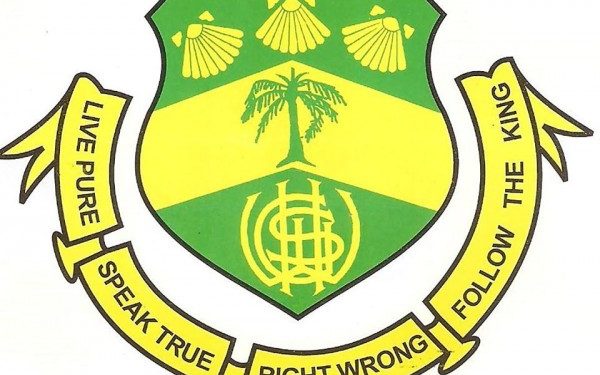The Africa Education Watch has called for a stakeholder meeting to establish a code of ethics for Ghana’s public Senior High Schools.
This call follows a standoff between the Methodist Church and the Ghana Education Service (GES) over Wesley Girls’ SHS’ refusal to encourage Muslim students to fast during Ramadan.
Kofi Asare, Executive Director of Africa Education Watch, has thus urged “the education stakeholder group not to skip this chance to address this age-old governance challenge,” while also promoting “the adoption, by consultation and multi-stakeholder agreement, of a shared Code of Conduct for all SHSs, regardless of religious denomination.”
He went on to say that “the current situation, like the Achimota-Rastafarian issue, is a manifestation of the established amorphous governance arrangement between GES and Public SHSs, especially mission schools, where schools are free to establish their own open rules.”
Read Also: Release funds to ensure the smooth operation of SHSs – CHASS to GES, Education Ministry
Previously, the Ghana Education Service (GES) ordered the authorities of Wesley Girls’ High School in the Central Region and other Senior High Schools across the country to enable Muslim students to observe the Ramadan early.
The Methodist Church Ghana, on the other hand, fought back against the Ghana Education Service’s (GES) order, saying in a declaration that the church took a “serious exception” to the directive, emphasizing that it “cannot accede to the unilateral directive provided by the Ghana Education Service.”
The Wesley Girls’ High School Parent-Teacher Association (PTA) sprang to the school’s defense, maintaining that the students’ parents approved the school’s rules before enrolling their children, and thus the college cannot be bullied into violating its long-standing regulations on the grounds of the students’ religious beliefs.
“The school should not be required to change its laws and regulations in order to satisfy students’ particular religious views. This cannot be sustained.”




























